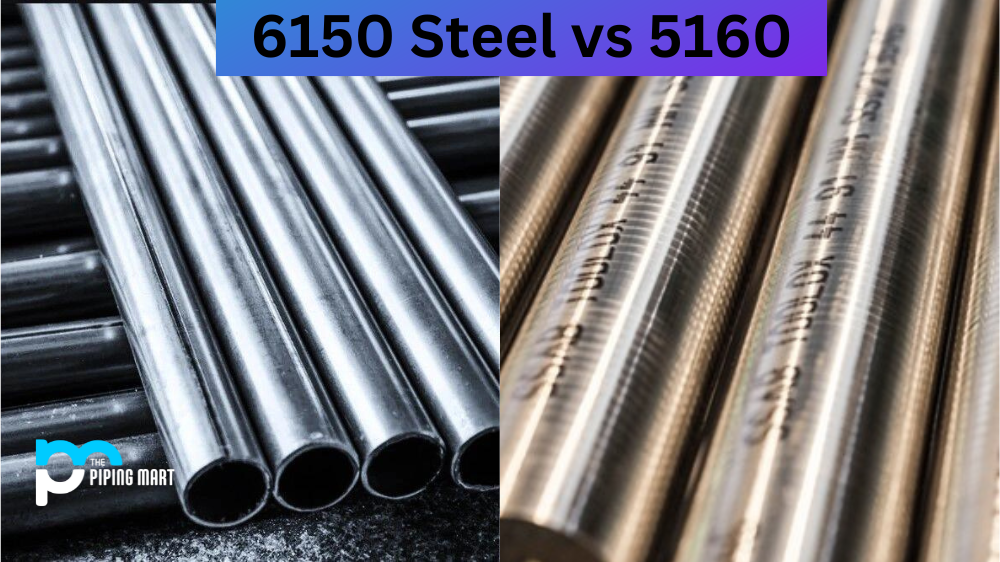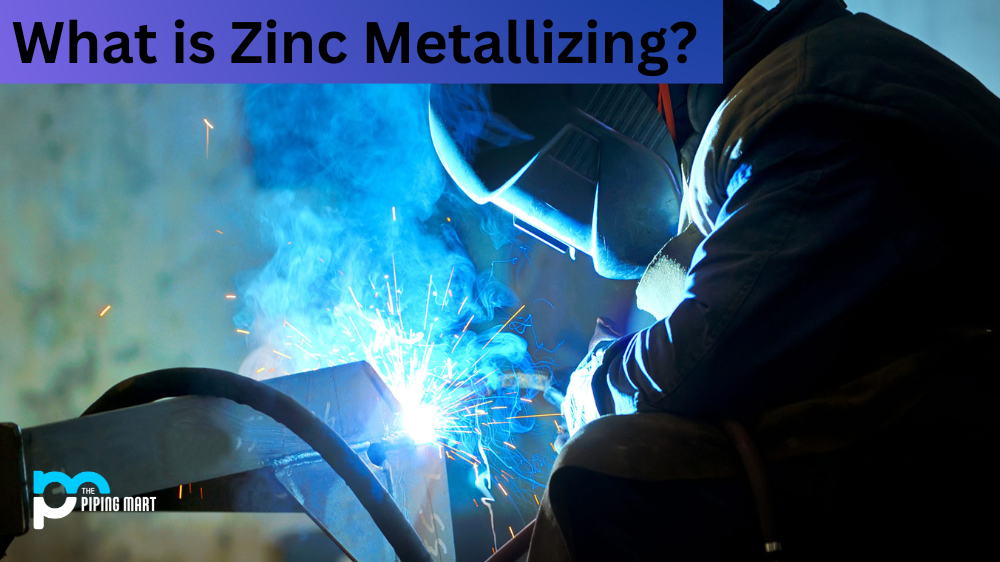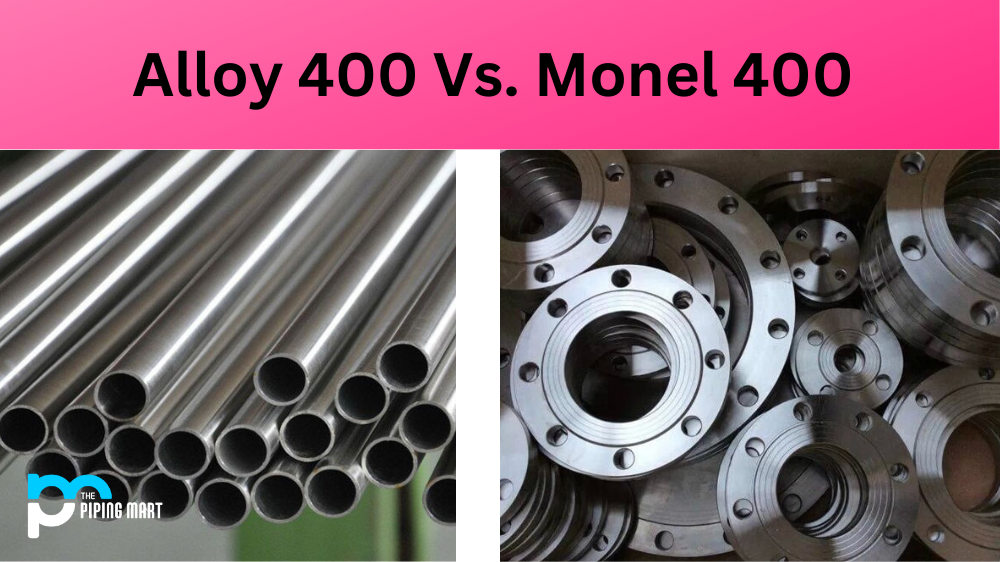Brass is a solid and durable metal alloy made up of copper and zinc, and it has been used in manufacturing for centuries. When deciding which material to use in a project, brass can be an attractive option due to its strength and durability. However, there are both advantages and disadvantages that should be taken into consideration when working with this metal. Let’s look at some of the pros and cons of brass.
5 Advantages of Brass
One of the primary advantages of brass is its strength. It is an extreme metal capable of holding well under pressure or extreme temperatures. Brass also has a low coefficient of friction, making it ideal for sliding motion applications. Also, brass is non-magnetic, corrosion resistant, non-sparking, malleable, easy to weld, and machine into intricate shapes. Thanks to its attractive gold colouration, it can also add aesthetic value to any product or component.
- Brass is an alloy of copper and zinc, and it has several advantages over other materials.
- Brass is strong and durable, making it ideal for various applications.
- Brass is resistant to corrosion, so it will not rust or tarnish over time.
- Brass is easy to work with, so it can be shaped and moulded into various shapes and sizes.
- Brass has a low friction coefficient, often used in bearings and other moving parts.
5 Disadvantages of Brass
Despite its many advantages, there are some downsides to working with brass. For one thing, it is relatively expensive compared to other metals like steel or aluminium. Additionally, it tends to corrode over time if exposed to certain elements, such as chlorine or sulfur dioxide, in the air or water. To prevent this from happening, you will need to regularly maintain your brass components by cleaning them regularly with an appropriate cleaner designed specifically for brass materials. Finally, while it may not be an issue for many projects or applications—brass does contain lead, so you should always wear protective gear when working with this material if you’re concerned about exposure risks.
Tarnishing
One of the primary disadvantages of brass is that it tarnishes quickly. Tarnishing is the process by which brass develops a black or green patina on its surface. Tarnishing is caused by exposure to oxygen and moisture, making brass jewellery and other items dull and lifeless.
Allergies
Another disadvantage of brass is that some people are allergic to it. Brass contains a nickel compound, which can cause an allergic reaction in some people. Symptoms of a nickel allergy include itchiness, redness, and swelling at the exposure site. In severe cases, nickel allergies can lead to anaphylaxis, a potentially life-threatening condition.
Corrosion
Brass is also susceptible to corrosion, which is the process by which it breaks down in the presence of water or other liquids. Corrosion can cause brass jewellery and other items to become discoloured or pitted. Additionally, corrosion can make brass less strong and brittle, making it more likely to break or shatter.
Toxicity
Another disadvantage of brass is that it is slightly toxic. Brass contains lead, which can leach into water or other liquids that come into contact with it. Lead exposure can cause various health problems, including neurological, kidney, and reproductive issues. Additionally, lead exposure is particularly harmful to children and pregnant women.
Cost
Finally, brass is generally more expensive than other metals, such as steel or aluminium. This is due in part to the fact that brass is not as widely available as other metals and also because it requires more energy and resources to produce
Conclusion
Brass can be an excellent choice for many projects due to its strength and durability and its attractive gold colouration that adds aesthetic value. However, there are some drawbacks, such as its relatively high cost compared to other metals and susceptibility to corrosion over time if not properly maintained with an appropriate cleaner designed specifically for brass materials. That being said, though—when used appropriately in the proper application—brass can make a solid and attractive material choice that will last you many years into the future!
Sakshee is a talented blogger, with a particular focus on the Business and Metal Industry. She is passionate about sharing her insights on various metal products and helping professionals to make a better decisions.




